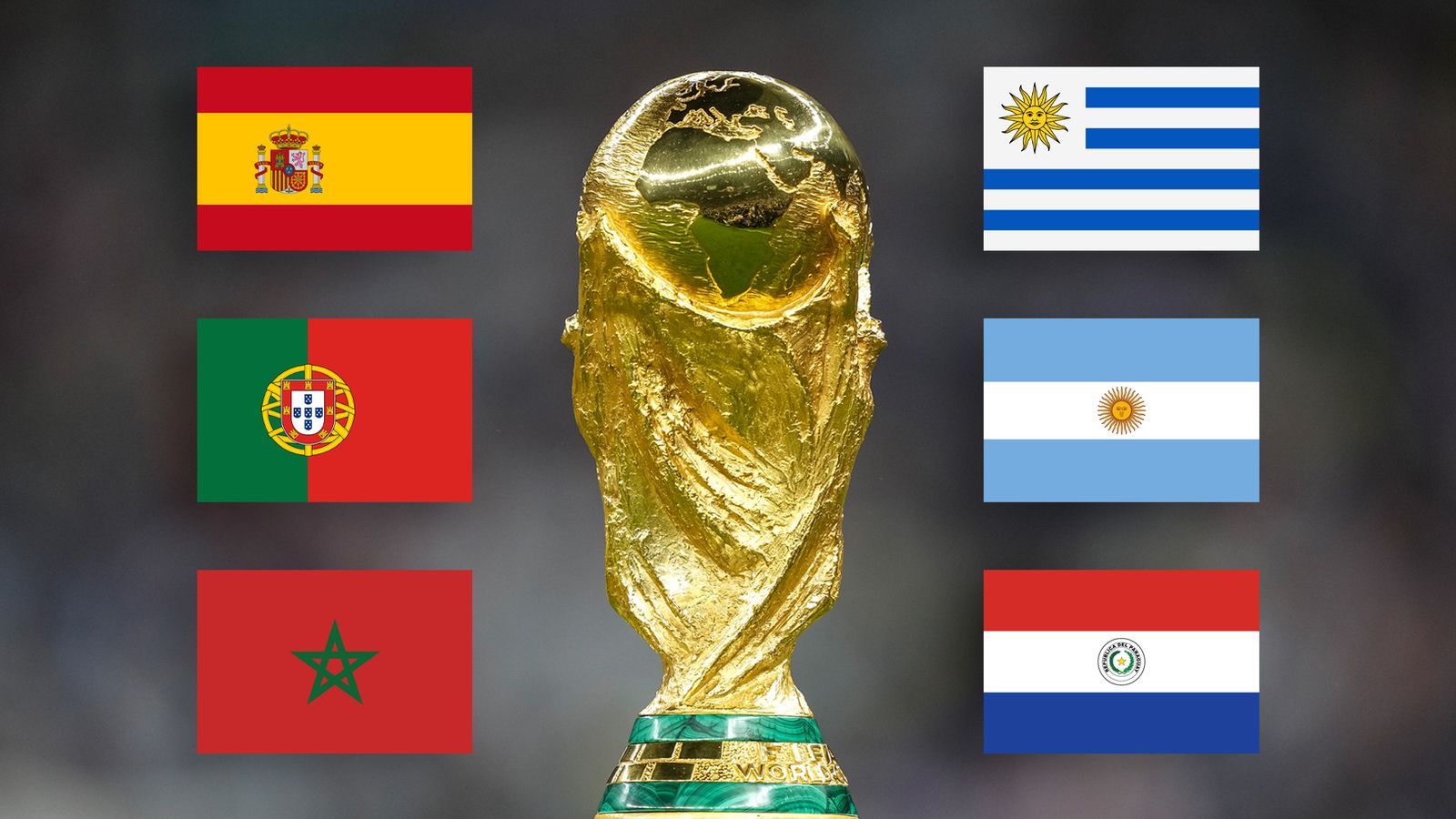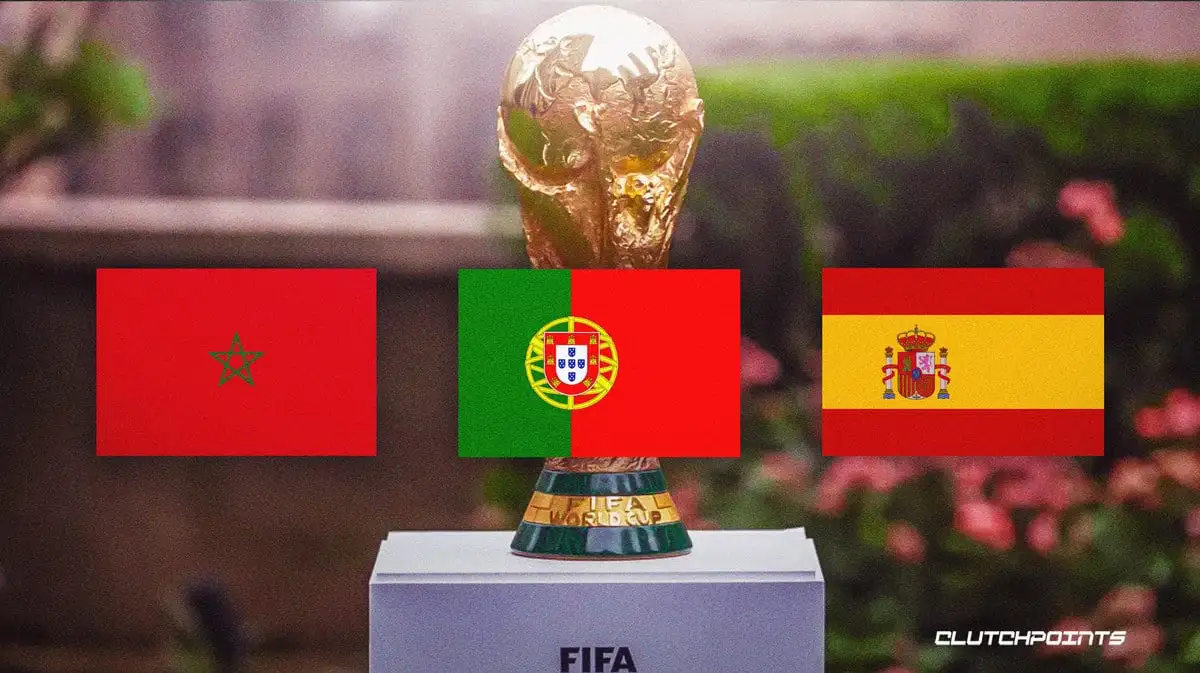FIFA Confirms Spain, Portugal, Morocco to host 2030 FIFA World Cup, Opening matches in South America
After decades of determined efforts, Morocco is set to fulfill its long-held aspiration of hosting the FIFA World Cup in 2030, sharing the privilege with Spain and Portugal. The historic occasion is expected to bolster Morocco's global standing and stimulate its economy.
In addition to that, Saudi Arabia has also been confirmed to host the men's soccer World Cup in 2034, FIFA confirmed.
FIFA is poised to officially confirm the joint bid on Wednesday, with Argentina, Uruguay, and Paraguay each hosting a match to commemorate the centennial of the inaugural World Cup in South America. Morocco’s journey to this milestone has spanned over 40 years since its pioneering 1987 bid to host the 1994 tournament.
Despite five failed attempts, including a narrow loss to South Africa for the 2010 World Cup and a bid for 2026, the nation’s persistence has finally paid off.
Fouzi Lekjaa, chairman of Morocco’s 2030 World Cup Committee, described the event as a transformative opportunity to drive economic growth, generate employment, and boost tourism. Speaking after a government meeting chaired by King Mohammed VI, Lekjaa emphasized the tournament’s potential to reshape the nation.

Plans are underway to modernize infrastructure across six host cities—Rabat, Casablanca, Fes, Tangier, Marrakech, and Agadir. These include upgrades to airports, roads, and public transport, alongside enhancements to hotels and commercial facilities.
Renovations are already underway in six stadiums, and construction is planned for a state-of-the-art, 115,000-seat stadium near Casablanca at an estimated cost of €480 million ($507 million). This venue is slated to host the final and serve as a lasting legacy for future generations, according to sports policy expert Moncef El Yazghi.
- Morocco would become only the second African nation to host World Cup finals matches, after South Africa in 2010.
- Portugal have never hosted a World Cup before, but Euro 2004 was held in that country.
- Spain lined up to host its second finals, after it staged its first alone in 1982.
Morocco’s ambition to host the World Cup stems from its historic 1986 performance in Mexico, where it became the first African and Arab team to reach the knockout stage. Sociologist Abderrahim Bourquia views the infrastructure improvements as a dual opportunity: driving economic progress and elevating Morocco’s global profile. International spectators will associate the nation with the positive values of football, he added.
The event also aligns with Morocco’s growing role as a leader in African diplomacy, furthered by its return to the African Union in 2017 and its signing of 44 partnership agreements with African football federations. Although Morocco withdrew from hosting the 2015 Africa Cup of Nations (AFCON) over Ebola concerns, it will host the 2025 edition and has previously staged notable events, such as the Women’s Cup of Nations in 2022 and the FIFA Club World Cup. These efforts underscore what El Yazghi calls Morocco’s “football diplomacy.”
The joint bid with Spain and Portugal reflects Morocco’s broader geopolitical strategy. Madrid’s support for Morocco’s stance on the Western Sahara dispute has strengthened ties and facilitated the partnership. International relations expert Tajeddine El-Husseini highlighted how Spain’s diplomatic shift in 2022 was pivotal for the World Cup bid.
In addition to global visibility, the tournament represents an opportunity to enhance domestic football development. Following the Moroccan national team’s groundbreaking semifinal finish at the 2022 World Cup in Qatar, the country aims to address its relatively low number of registered players—90,000 among a population of 38 million. To bridge this gap, the Moroccan Football Federation, in collaboration with the state-owned OCP Group, is investing in training centers to nurture a new generation of talent.
With an eye on economic growth, global influence, and football development, Morocco’s World Cup hosting journey promises a legacy of transformation and opportunity.
_____


0 Comments